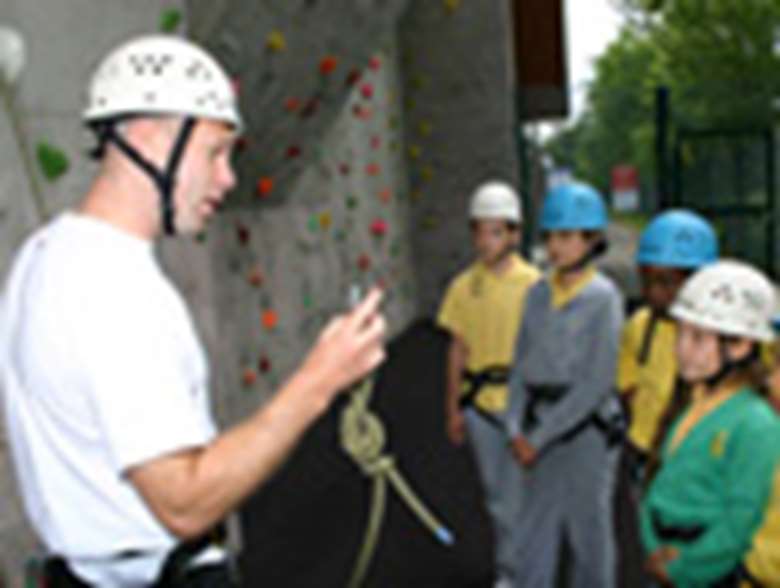In Practice: Case Study - At the heart of the local community
Tuesday, February 3, 2009
As part of its specialist sports college status, a Waltham Forest school has transformed itself into a facility for the whole community. Jo Stephenson finds out how it set about engaging pupils, parents and local people in its extended services.

Objectives: When Rush Croft Sports College in Waltham Forest, London, gained specialist sports college status, there was an onus on the school to open up to the community and boost participation in physical activity. This was the start of wider efforts to develop extended services, including non-sporting activities and adult learning, with the aim of transforming the school into a thriving community hub.
What was done: Rush Croft pupils have benefited from initiatives such as Breakfast Ballers, a club that encourages boys to do basketball training before school and enjoy a healthy breakfast.
The school established a range of after-school and lunchtime activities, such as cookery, chess and study clubs. It has already developed links with local sports clubs to offer activities to young people across Waltham Forest, such as the Kickz scheme, a partnership between Tottenham Hotspur Football Club, the Football Foundation and the Metropolitan Police.
Rush Croft also worked within a school sports partnership to develop activities for younger children and within its school cluster to develop extended provision for eight- to 13-year-olds. And the school has joined forces with the Community Learning and Adult Skills Service to offer classes and courses to adults.
"Five years ago, we shut at 5pm every night and now we're open from 7.30am to 10pm up to six days a week and on Sunday for community use," says assistant head teacher Sean Reed. "It's been a big change."
The issues: One challenge was the fact students from other local secondaries were dubious about coming to another school, says Reed. "It was about selling the school as a community centre," he says. But the more sports and activities on offer, the easier that became.
Schools can be daunted about the prospect of opening up their facilities outside normal school hours. But once they start, then it's the more, the merrier, says Reed. The costs of caretaking can also be shared, making the school an affordable venue for many community activities.
Outcomes: Participation in sports and physical activity among pupils, parents and the wider community has increased, and gifted young people have been spotted quickly. A boy from Breakfast Ballers now plays for the England under-16 team.
The school has also seen a positive impact on educational attainment and a reduction in antisocial behaviour in the area. "The perception of the school in the borough is much better," says Reed. "Now it is a community facility."
TOP TIPS
Do
- Consult students and parents. You may think you know what they require but you'll be surprised
- Keep premises managers in the loop as they're the ones looking after the school
- Use your own teaching and non-teaching staff. Many would enjoy the extra responsibility and extra cash
Don't
- Presume everyone knows what you're doing. Keep people informed via briefings, newsletters and websites
- Expect people to run clubs for nothing. Use incentives like in-house training.




